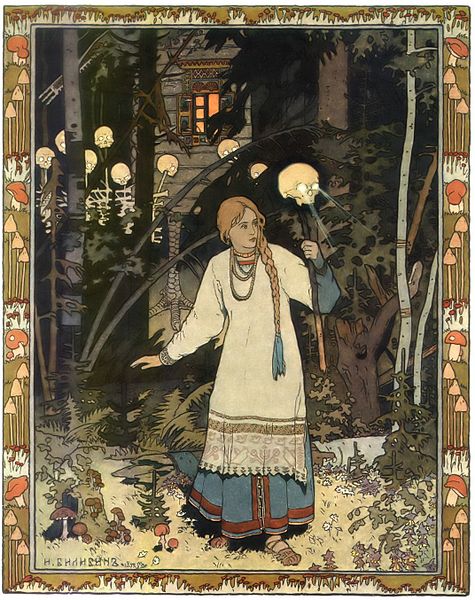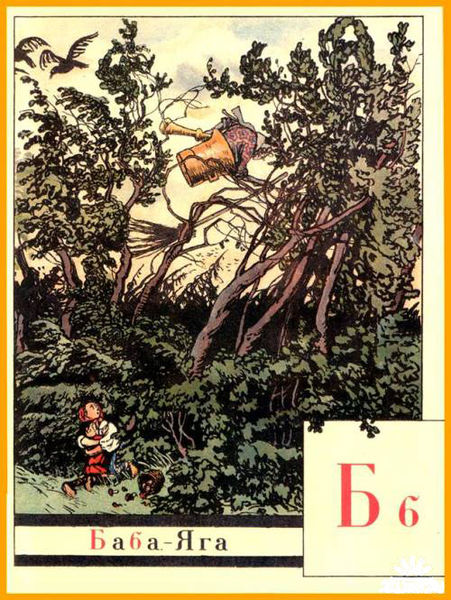0. Well, as of 26 April 2016, the nominees have been announced for the 2016 Hugo Awards. Five novels were nominated. I am reading through them all so that when I vote, I’m sure of why I think that one is better than the others. I understand the inherent ridiculousness of this—it is simply a popularity contest, after all. But I find it fun to explore new-to-me novels and writers, and learn from their works. The nominees are: Ann Leckie’s Ancillary Mercy, NK Jemisin’s The Fifth Season, Seveneves by Neal Stephenson, Jim Butcher’s The Cinder Spires: The Aeronaut’s Windlass, and Uprooted by Naomi Novak. Next up, Uprooted is a well told story, but I'm struggling to understand whether it's trying to say anything, and if so, what.
1. This seems like nothing more than pulp fiction. That’s not a condemnation: I enjoy pulp fiction and this certainly fits the bill—I enjoy reading this novel while actually reading it. But when not reading it, I am slightly bemused. The plot is simple: there is an evil Wood with sentient malice, a powerful wizard who has lost touch with his humanity while living in a tower, a young woman who doesn’t yet realize her own power as a witch, some political court drama, and a messianic tale of her understanding leading to the resolution of an old conflict. You already know how this ends. Structurally, this book captures the cliff-hanger chapter endings that help make pulp fiction engrossing to read, the constant action that leaves the reader feeling breathless, and the heroism that befits a fairy tale. Novak weaves in Polish myths because she is Polish-American, but change a few names and you have any fairy tale. The book moves from scene to scene, chapter to chapter, with the reader knowing as little as the main character about what’s coming next, outside of the predictability of the tropes.
2. And that’s where I need to start about my problems with this novel. First, because the reader has such little to go on in terms of foreshadowing, it relies upon deus ex machina moments to get to the end. Starting with the first chapter, these sudden moments of shift are passed off as the main character’s intuition and revelatory accidents. It’s something she can’t understand, so the author doesn’t either. It comes off as a bit of a disappointment to me when the river helps guide them to the sacred grove, for instance. Or that Kasia is suddenly invulnerable. Or that all the tests show the Queen is free from the Wood’s corruption before it’s suddenly obvious she is still enslaved. Later it seems to begin to contradict itself when a priest can't detect corruption, but the bishop can? Or maybe the bishop's wizard can? These moments are right in line with pulp fiction tropes, like the rest of the plot and structure.
3. As far as what themes this novel, I couldn’t say for certain. I guess it’s a general call to be nicer and understand people more, but honestly the plot gets in the way of any theme Novak put in here. If she was trying to say something, to claim some theme driving the book, it didn’t work because there is so much action distracting from it, and the plot points tend to imply different themes. For instance, Agnieszka is downright nasty to the wizard in the tower, yet she ends up gaining enough power from him to stop the Wood invading at one point. Later, her kindness and friendship to Kasia allow her to do something that hasn’t been done in fifty years. So is Novak advocating kindness or nastiness? It’s muddled. So I think we have to look to the end, to where the characters finish at, and they end up relying upon each other, trying to understand and live with the enemy, then working with the enemy to fix the underlying problem and forgive. That’s probably the theme. I think.
4. The main character, despite always shouting at the people around her, is fairly engaging. She’s iconoclastic and memorable, but not exactly understandable or interesting. Novak builds her like most pulp characters: showing Agnieszka’s reactions to dangerous situation after dangerous situation. She’s loyal but realizes she’s probably growing out of that loyalty. She strikes a good balance between shown and told—she’s a bit of a puzzle, but since she’s still trying to figure herself out, this sort of works.
5. The writing is good. There was a nice mix of sentence structures and word choices. I came across a couple of phrases that really sang, and a rare few awkward sentences. But in all, it didn’t annoy me in the least.
6. I do really like how Novak builds this world by assuming our myths are real, yet still building a mythical world off of that. It’s the myths that come after the myths. I enjoy when an author uses real-world touchstones to anchor the reader’s understanding—fruits and cows and plants that are familiar and help this world feel real rather than using made-up words as analogies to these familiar things. Typically it helps an author drive their point home without distracting the reader by making them memorize what word analogizes to horse, or hamburger, or sun. Here though, with such a muddled point, it is just good writing. And using this tactic to actually build the whole world is inspired.
7. For all that the novel tries to delve into actually probable causes for fairy tale myths, it certainly comes off as simply a wish fulfillment novel. This is the book for you if you ever wanted to be a witch or wizard.
8. In all, I feel like I missed something here. It’s a well-told story in all its parts, but it feels like it wanders overall. It’s got an engaging main character but I’m typically annoyed at her reactions—also at the reactions of the other characters. It’s got no theme really, but the myths are still interesting. It builds an engaging world, but then tells a typical fantasy messianic tale. It tries to encourage working together, then spends hundreds of pages showing how people can’t work together. It goes one layer deeper into the myth, uncovering possible causes for some of the fairy tale tropes, but doesn't really coalesce into a consistent vision of the world or myths. Based on this novel, I will not be reading more of Novak’s work, but I also didn’t hate it. If it wasn't for the one sex scene that adds nothing to either character involved, this would be a good young adult novel. Like I said, I’m bemused here: it seems to do nothing new, just does old things well and slightly shifted, but it is extremely popular all over the internet. Not the book for me, but enjoyable and a well told story.








No comments:
Post a Comment